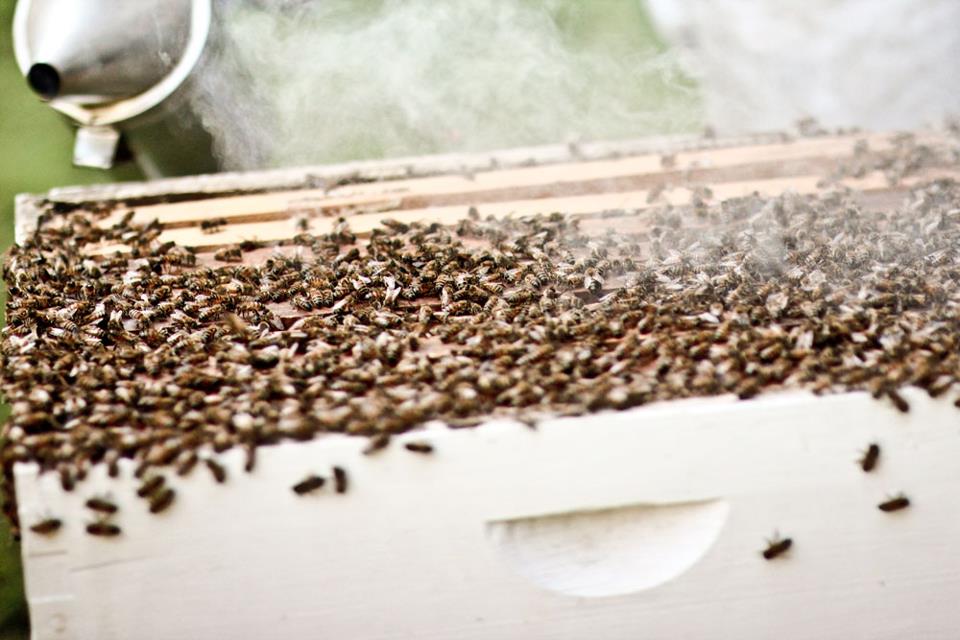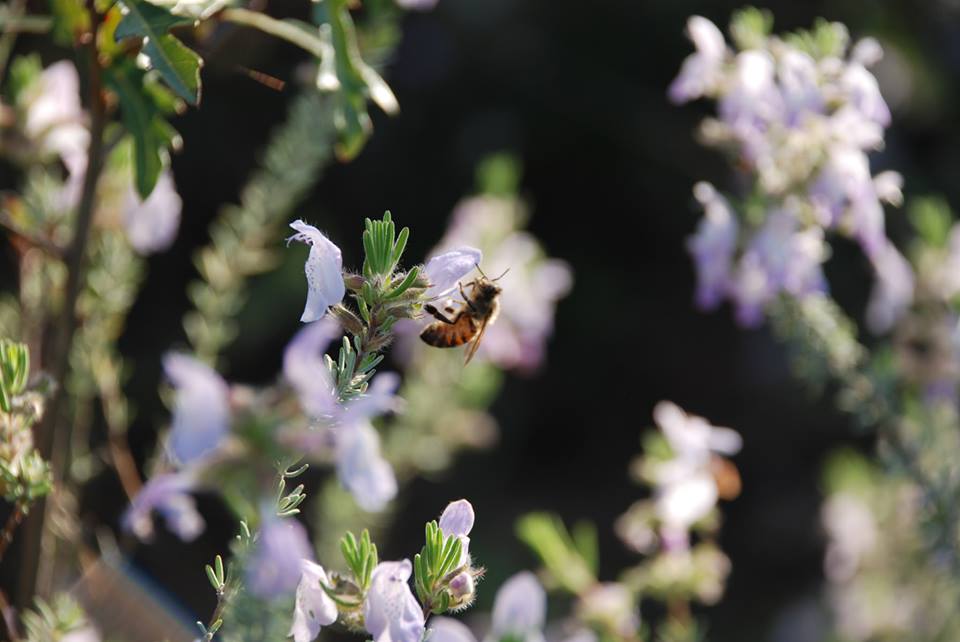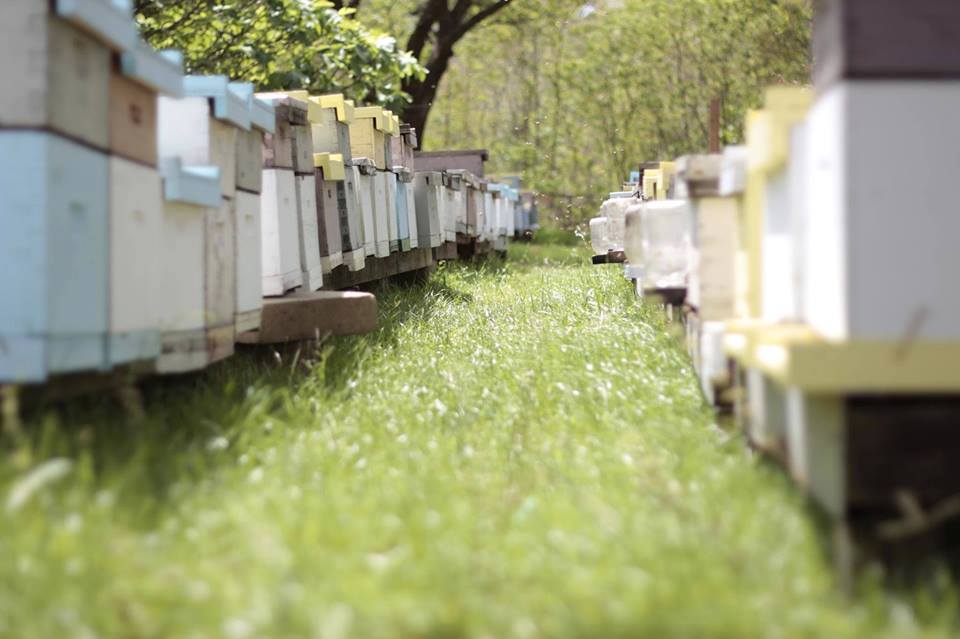By Will Isern
As environmentally conscious and sustainable lifestyles go more and more mainstream, some homeowners have taken to keeping honeybees in their backyards. Beekeeping can be a symbiotic and fun hobby for the beekeeper, and it may be easier to get in to than you might guess.
“It’s probably one of the most interesting hobbies you can do,” said EscaRosa Beekeepers Association president Allen Wood. “Kids love it, adults get into it; it’s just a really fun hobby, and you get something from it if you harvest the honey.”
The benefits of keeping bees include the obvious – honey, beeswax, pollination – as well as the not so obvious, said East Hill Honey Co. owner Tommy Van Horn.
“For me personally it’s really tied me into the local seasons and the nuances and a lot of the things that go on hidden from the everyday, or things you don’t think about like when certain things are blooming,” Van Horn said. “It’s created a rootedness and appreciation in a new way which I didn’t have before. It kind of opens your eyes to a new world.”
Wood said most people could get everything they need to begin keeping bees for $850 or less. He suggests beginners start out with two hives, which can each house around 50,000 bees and one queen.
Wood also suggests that new beekeepers buy local bees that have been adapted to Northwest Florida’s climate. Bee Sanctuary Honey Farm, owned by local bee expert Shelby Johnson, and East Hill Honey Co. each sell starter kits for new beekeepers.
Starting in April, the EscaRosa Beekeepers Association will offer a course for new beekeepers beginning with how to start a new colony all the way to harvesting honey. The course will be taught at the Pensacola International Airport, where the association has several colonies.
For non-agricultural land, state law allows for up to three colonies (defined as a distinguishable localized population) on a quarter acre of land, which is roughly the size of the average residential lot. The number of allowable colonies increases with lot size. There are no restrictions on the number of colonies that can be kept on land that is zoned agricultural.
Backyard beekeepers are required to register their bees with the Florida Department of Agriculture and Consumer Services, Division of Plant Industry and have their apiaries (the name for a ‘bee yard’ or site where bees are kept) inspected by a state apiary inspector.
Once the hives are in place, Wood said, maintaining the colonies can require as little time as a few hours each month during the off-season or an hour or so a week during the spring and summer months. Keepers should watch out for colonies exhibiting signs of a dreaded Varroa Mite infestation and for hive beetles.
Keepers may also want to consider alerting their county’s pest control of the location of their hives so that workers can avoid spraying pesticide near the apiary.
According to the Florida Department of Agriculture, backyard beekeeping is becoming increasingly popular in Florida and, Florida’s honey industry is consistently ranked among the top five in the nation with an annual worth of $27 million, and that, 17 million pounds of honey are produced in Florida each year.
Van Horn said the greatest benefit to his family since they started keeping bees in 2011 has been the community of people that they have met.
“Just the community engagement, the contacts, and friendships you make with all sorts of great people,” he said. “And the satisfaction of working with nature to create a product that wasn’t there before, there’s real satisfaction in that.”
Want to keep bees? Start here!
Bee Sanctuary Honey Farm
6310 W Fairfield Dr.
Pensacola, Florida
(850) 457-6737
EscaRosa Beekeepers Association
3740 Stefani Road
Pensacola, FL 32533
escarosa.beeinfo.org
East Hill Honey Company
(850) 780-3499


